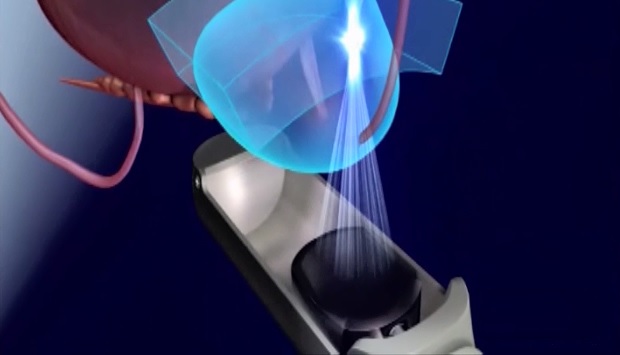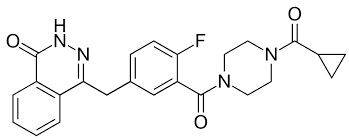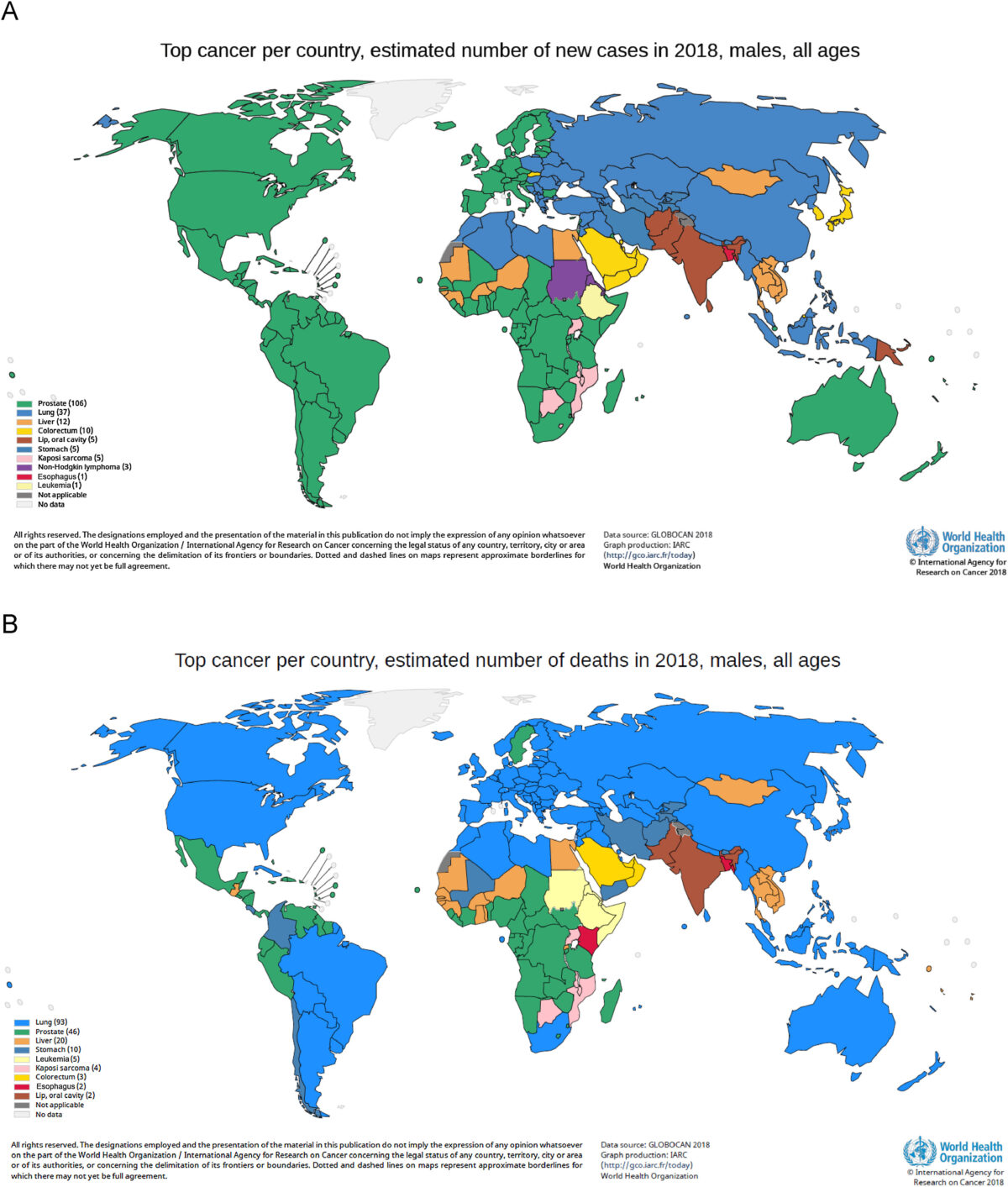|
||||||||
|
In this issue:
|
||||||||
 |
Patient studies wanted for major urology congress |
|||||||
 |
Billy Earl describes the physical and mental impact that prostate cancer has had on him since his diagnosis in 2018 |
|||||||
|
Prostate Research and Treatments
HIFU - Trial Results |
||||||||
Olaparib, a PARP-inhibitor, heralds practice-changing treatment of metastatic Prostate Cancer |
||||||||
Recent Global Patterns in Prostate Cancer Incidence and Mortality Rates |
||||||||
Review of next generation treatments for non-metastatic castration-resistant prostate cancer |
||||||||
|
Europa Uomo News
Invitation to EUPROMS - Reminder |
||||||||
|
Items of Interest
Cancer and Sexualty - a New Leaflet from the European Cancer League |
||||||||
EMA 25th anniversary virtual symposium on 29 October 2020 |
||||||||
|
FREE SUBSCRIPTION TO EUROPA UOMO MONTHLY UPDATE All previous issues are available on website: www.europa-uomo.org/newsletters/ |
||||||||
|
UPDATE is published by the Board of Europa Uomo for its member organisations. Editorial and production: Anja Vancauwenbergh. |
||||||||


